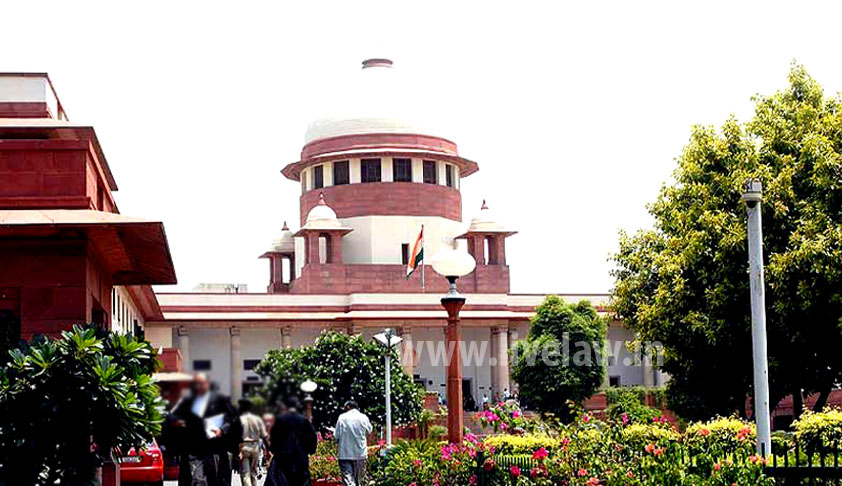SC Constitution Bench quashes Section 6A of Delhi Special Police Establishment Act
Apoorva Mandhani
6 May 2014 2:33 PM IST

Next Story
6 May 2014 2:33 PM IST
A Constitutional Bench of the Supreme Court has quashed Section 6A of the Delhi Special Police Establishment Act, 1946. This section was inserted with effect from 12th of September, 2003 and provided for obtaining previous approval of the Central Government to initiate any enquiry or investigation for an offence alleged to have been committed under the Prevention of Corruption Act, 1988....
